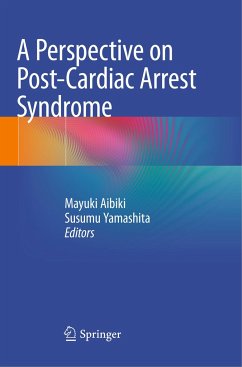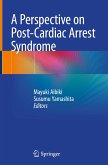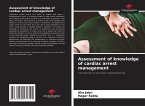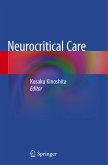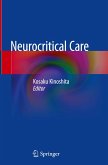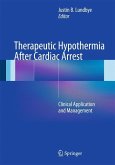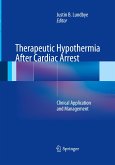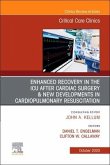This book presents a valuable new perspective on Post-Cardiac Arrest Syndrome (PCAS), which was defined as system failure following whole-body ischemia-reperfusion injuries by the 2008 International Liaison Committee on Resuscitation. Recently, improving the survival rate of PCAS has become a major priority all over the world.
A Perspective on Post-Cardiac Arrest Syndrome addresses various aspects, including: neurological outcomes in non-convulsive status epilepticus, target temperature management, interventions for PCAS after acute coronary syndrome, the significance of measuring lactate clearance, a specific scoring system in prognostication for PCAS, therapeutic indications for suicide hanging cases.
This book will help a broad readership, including emergency physicians, intensivists, cardiologists and neurologists treating PCAS patients, to understand the history, current issues and future challenges in PCAS, presented by respected experts in this field.
A Perspective on Post-Cardiac Arrest Syndrome addresses various aspects, including: neurological outcomes in non-convulsive status epilepticus, target temperature management, interventions for PCAS after acute coronary syndrome, the significance of measuring lactate clearance, a specific scoring system in prognostication for PCAS, therapeutic indications for suicide hanging cases.
This book will help a broad readership, including emergency physicians, intensivists, cardiologists and neurologists treating PCAS patients, to understand the history, current issues and future challenges in PCAS, presented by respected experts in this field.
"A Perspective on Post-Cardiac Arrest Syndrome is an interesting concise book that adds valuable information regarding the management of postcardiac arrest patients and introduces new modalities for clinical management and new areas for research. It is recommended to physicians of different specialties caring for patients after cardiac arrest." (Mohamed Mohamed Tawfik, Anestesia & Analgesia, Vol. 128 (6), June, 2019)

